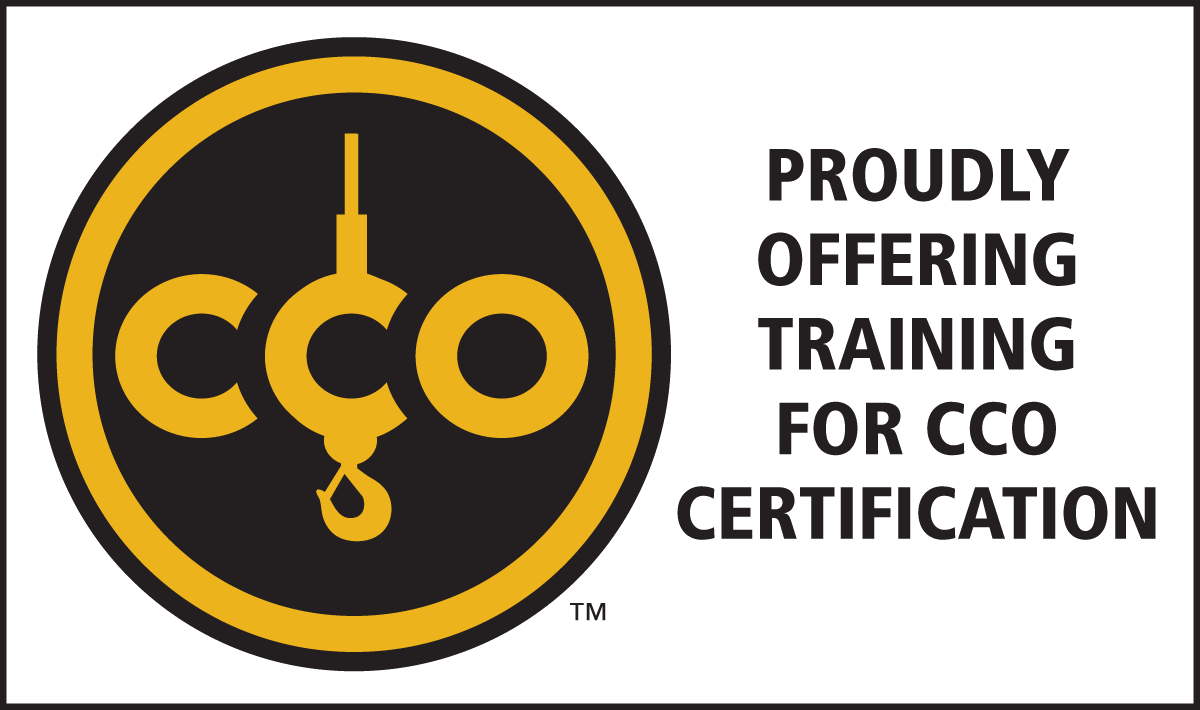



What’s Up with CCO’s “Trick” Questions?
The intent of CCO written exams is to reliably determine whether an individual has the required knowledge to practice within the profession competently and safely. But how is that accomplished? It takes a team of load handling subject matter experts and a team of psychometric specialists.

NCCCO Recertification Study Guides
Crane operator certification is a valuable accolade you’ve earned through your hard work, intensive study, and dedication. But certification doesn’t last forever. In fact, federal regulations require crane operators be recertified at least every five years.

How to Prepare for the NCCCO Crane Operator Certification Exam
Becoming a certified crane operator is a significant milestone in your career, opening doors to exciting job opportunities and ensuring safety in crane operations. The National Commission for the Certification of Crane Operators (NCCCO) offers a comprehensive certification program that assesses your skills and knowledge as a crane operator. One crucial step in obtaining NCCCO certification is successfully passing the certification exam. In this blog, we will guide you through the essential steps to prepare for the NCCCO Crane Operator Certification Exam and increase your chances of success.

Ensuring Safety Heights: The Crucial Role of Training in Crane Operation and Rigging
In the construction industry, where precision and safety go hand in hand, investing in safety training for crane operation and rigging is not just a best practice – it’s a necessity. Beyond compliance, it’s about fostering a culture of safety, protecting lives, and ensuring that projects are completed successfully. By prioritizing safety through comprehensive training programs, companies can build a foundation for success that reaches new heights.



Qualification vs Certification: What’s the Difference?
Depending on the role of an individual, they may be required by OSHA to be certified by a third-party, accredited body. However, in many instances, OSHA or standards such as ASME require an individual to be qualified. But what does that mean, how is qualification documented, and what’s the difference between “qualification” and “certification”?

